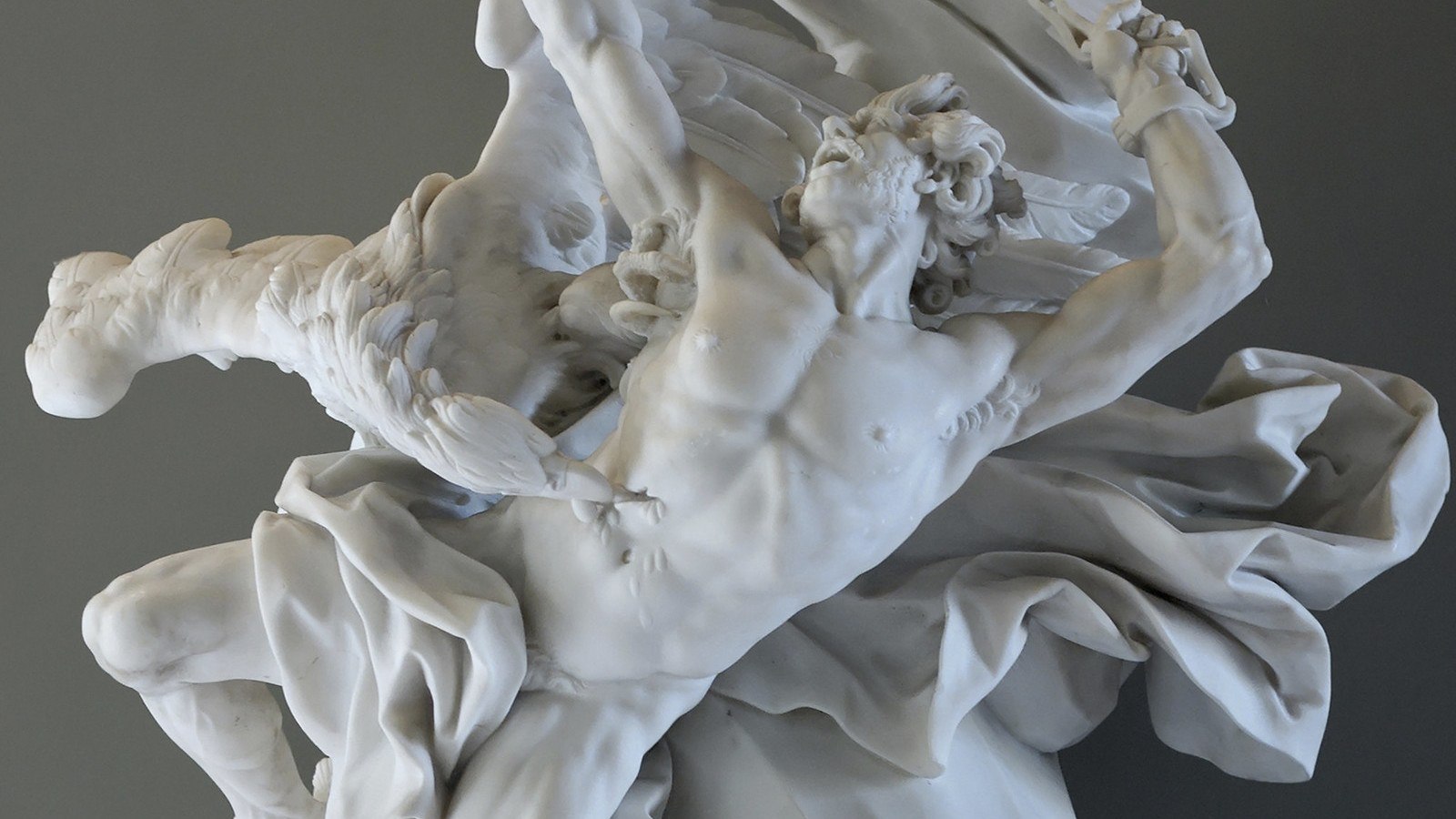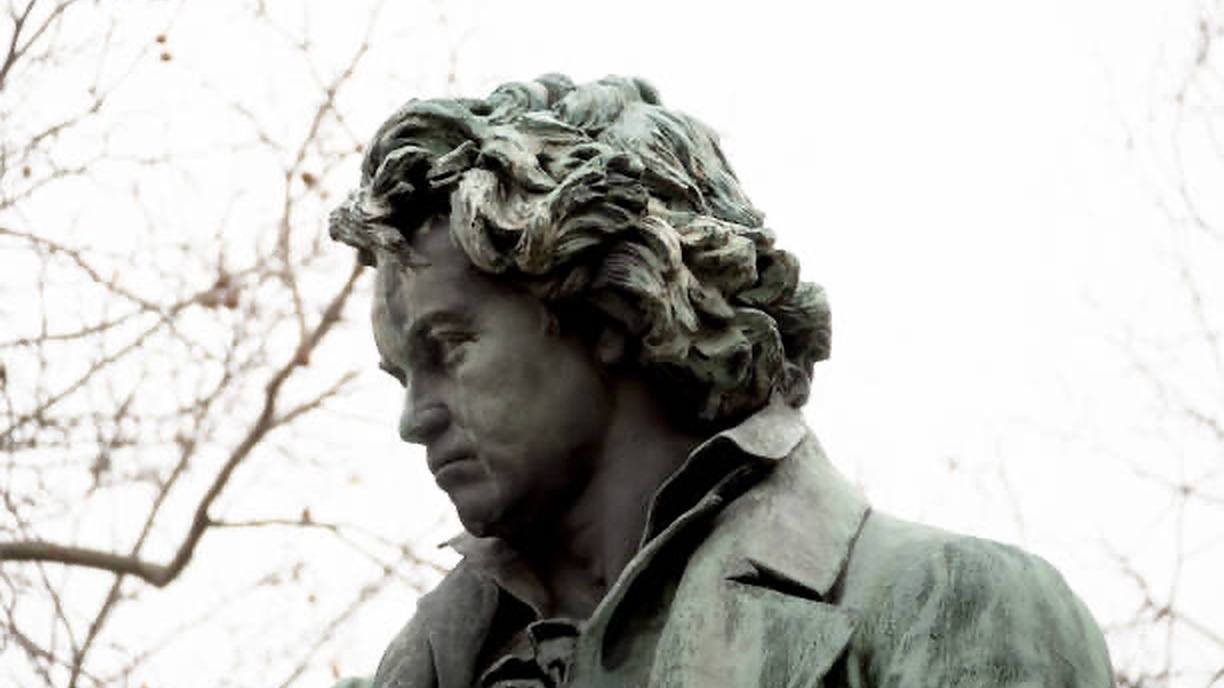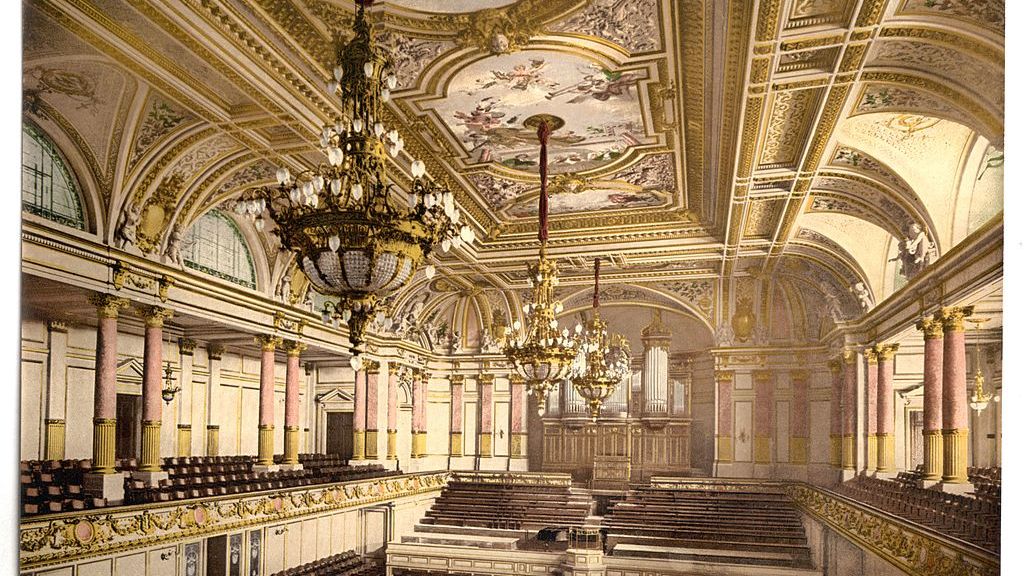Beethoven’s “King Stephen” Overture: A Hungarian Celebration
In 1811, Beethoven received a commission to compose incidental music for two Hungarian-themed plays by August von Kotzebue, King Stephen and The Ruins of Athens. The plays were written to commemorate the opening of a magnificent new theater in the Hungarian city of Pest on the banks of the Danube (now the eastern part of unified Budapest). The theater’s construction was funded by Franz I, the last Holy Roman Emperor and the …







